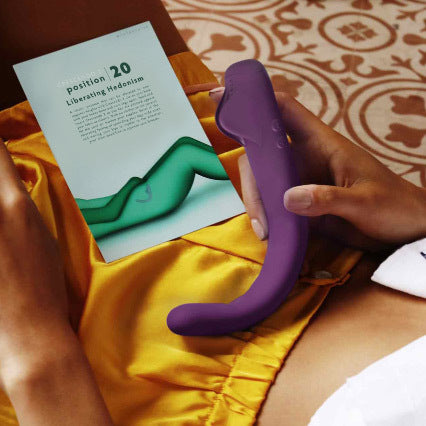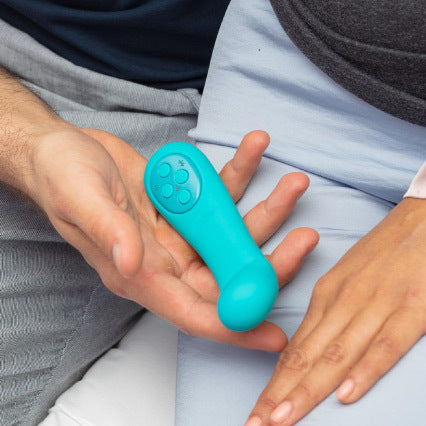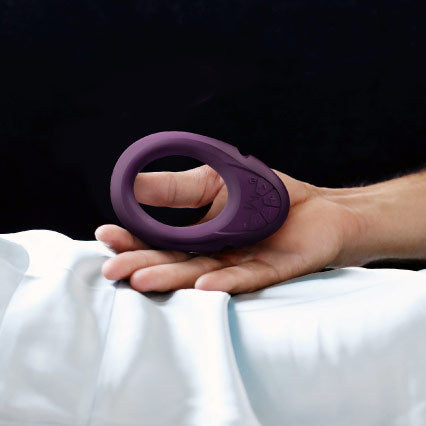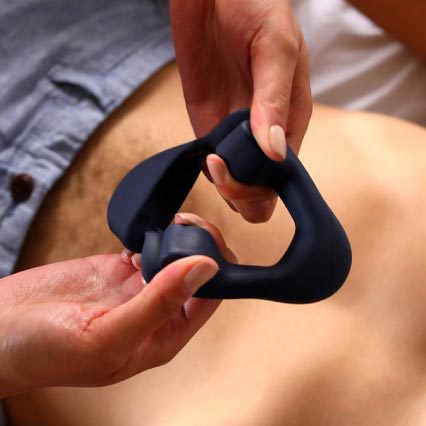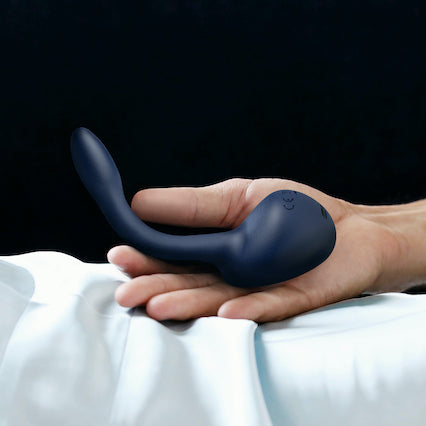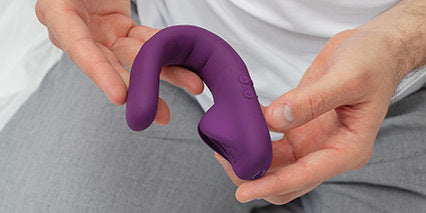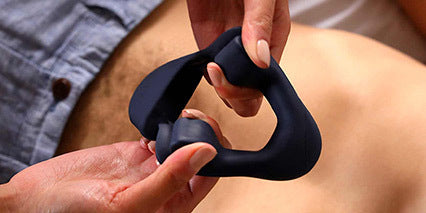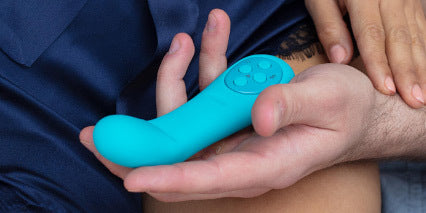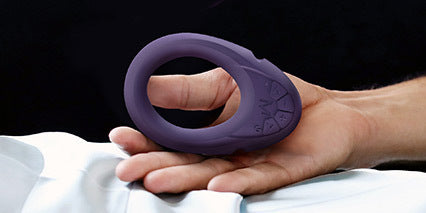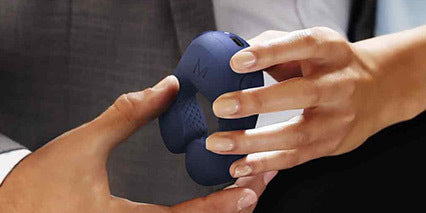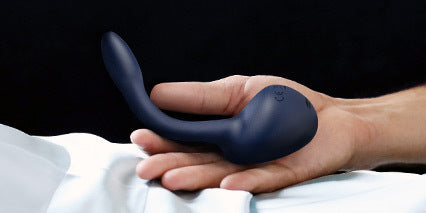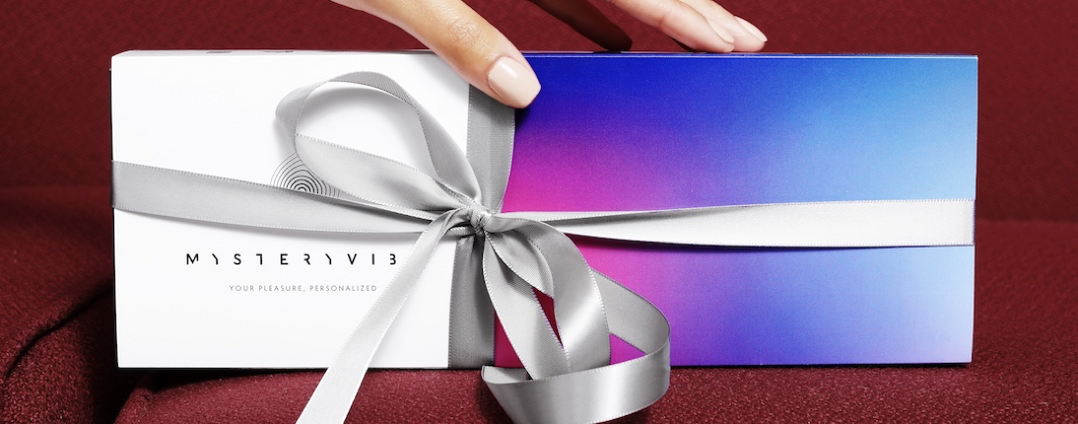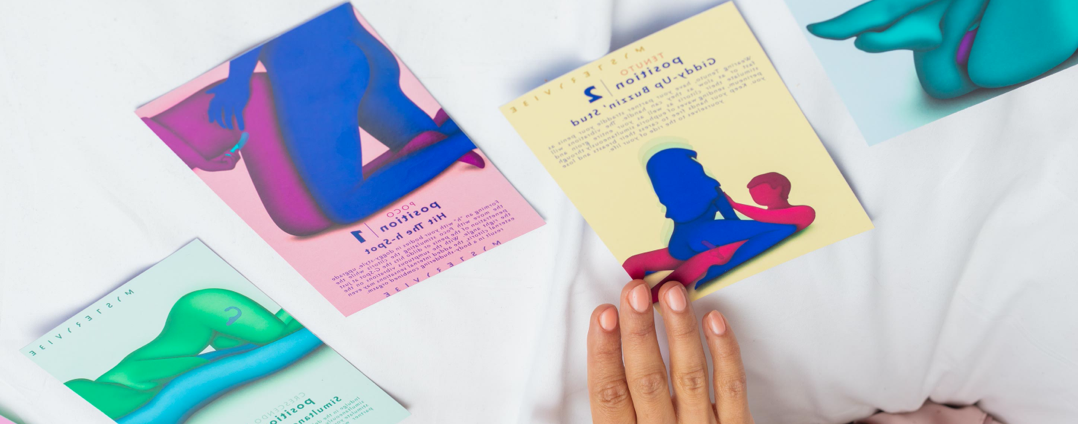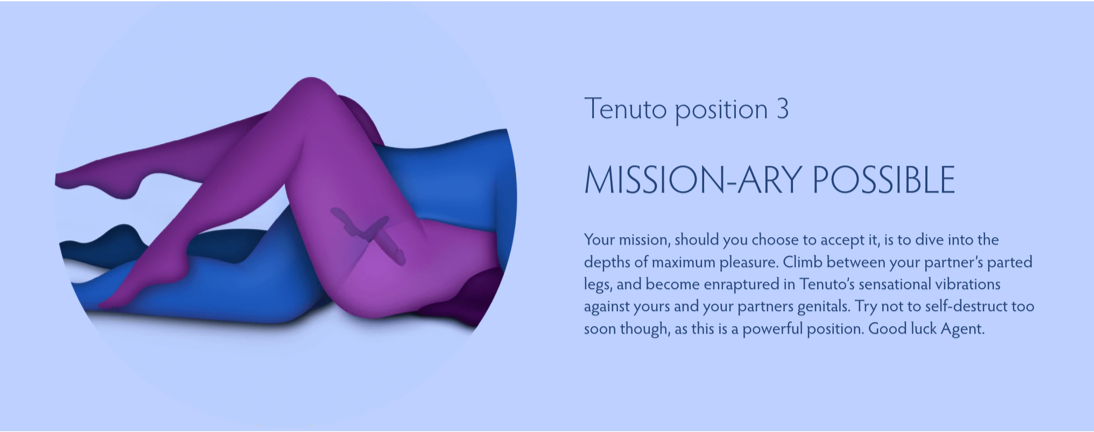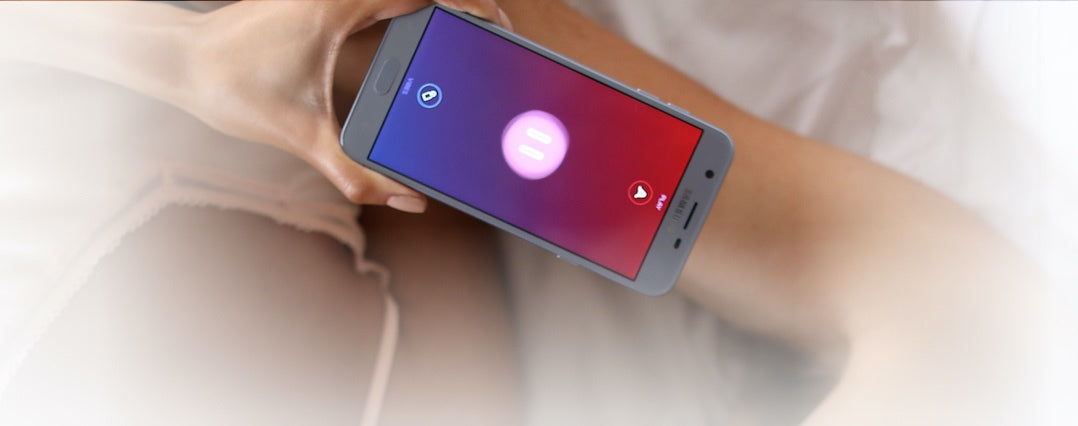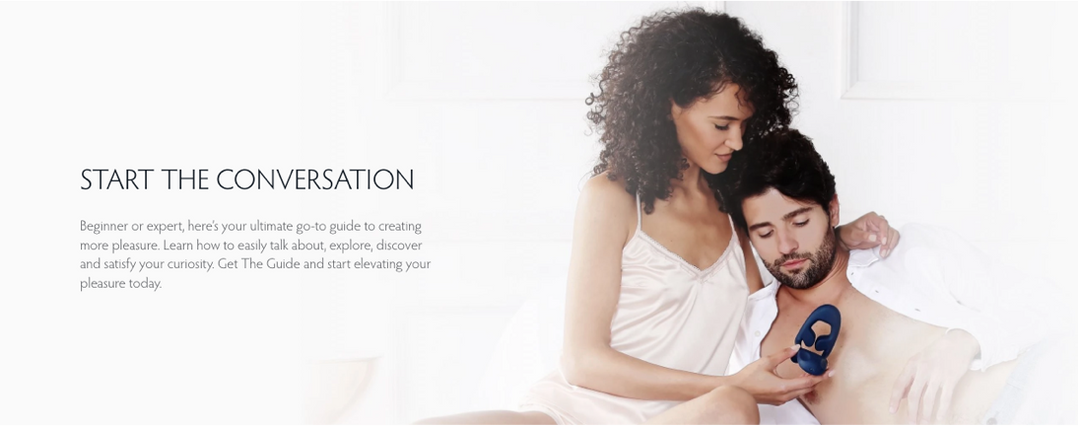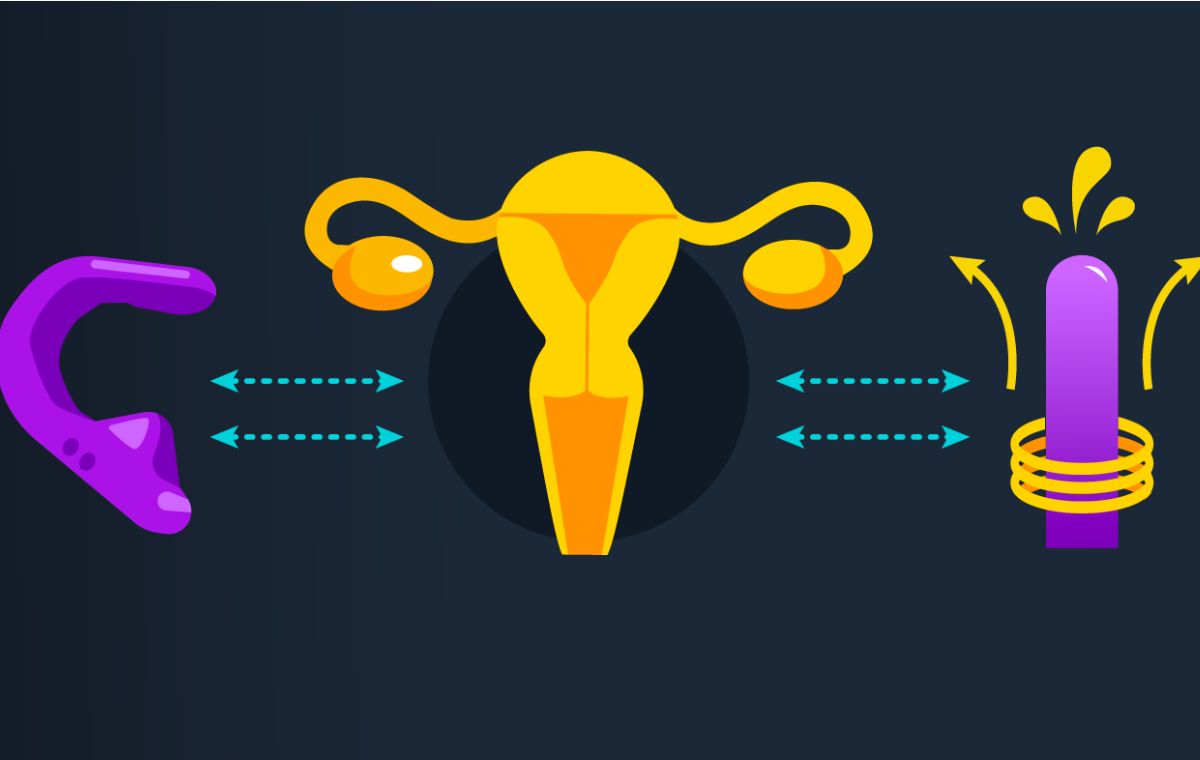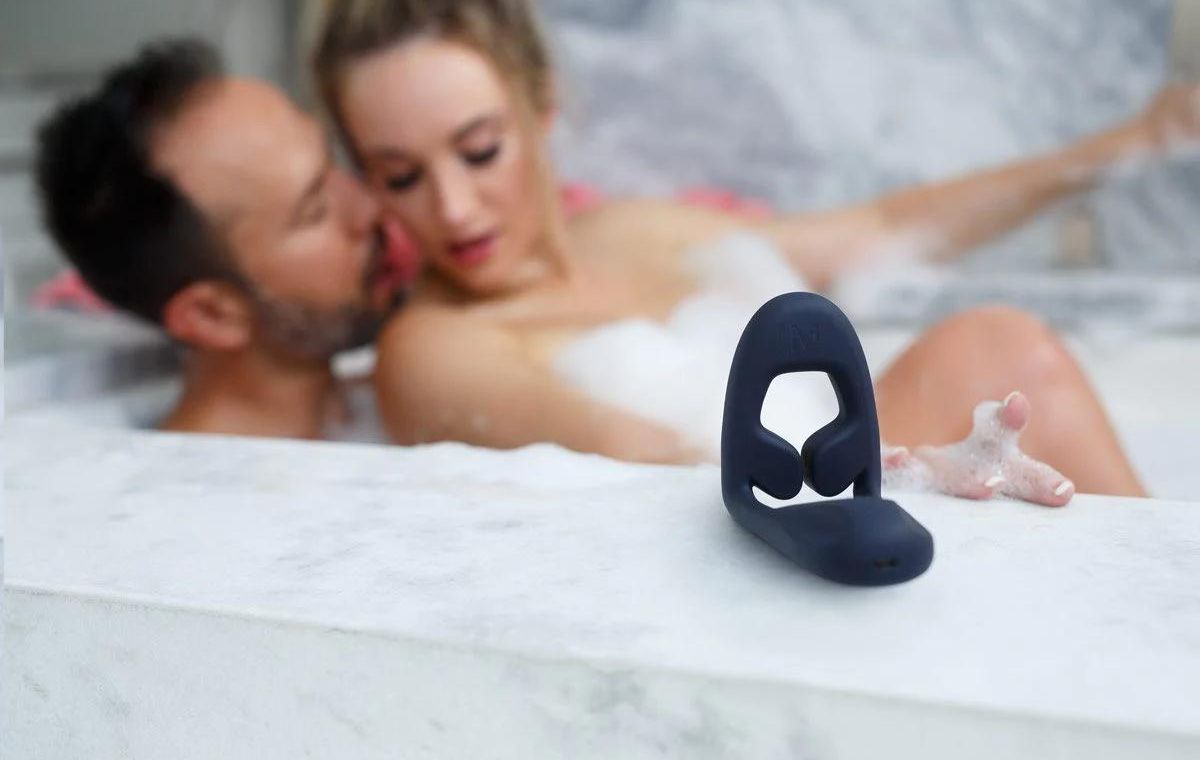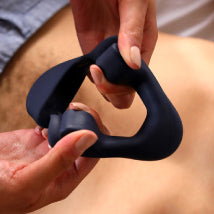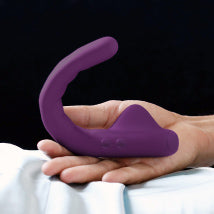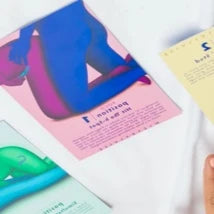In the midst of the colder months, you can feel a little conflicted when it comes to your libido. On the one hand, it’s ‘cuffing’ season (the seasonal period where singles are more likely to try and settle down) and those long nights and short days are the perfect excuses to not leave the bedroom. Yet, on the other hand, lack of sunlight and gloomy weather can leave us feeling deflated and put our libido in hibernation mode.
You might notice your bedroom antics heating up as the weather cools down or being more inclined to an up-and-close relationship with your hot water bottle rather than another human.
Here’s a roundup of why you might notice a change in your sex drive during winter.
Melatonin
Melatonin is the chemical that sends you to sleep - well not quite more so regulates your body and encourages you to sleep as it gets darker. It is also at its peak in wintertime reaching its highest production rate in winter than in summer - blame those dark days and long nights, this can lead to feeling lethargic and in turn a lower sex drive.
Totally normal to feel lackluster in the colder months, although it is the perfect time to hibernate indoors and cuddle there is science behind why your libido heads south during the temperature drop.
Dark Days
The winter sun is infrequent and rare, with the amount of sun-soaking reduced it’s only natural that your vitamin D levels drop. Vitamin D deficiency has been linked to erectile dysfunction (ED), with something like ED you are less likely to want to have sex due to the pressure to perform.
Seasonal Affective Disorder (SAD)
Those winter blues can sometimes be a little more sinister than a couple of extra duvet days, with estimates around 10 million for individuals in America with SAD. This prevalent mental health disorder affects far more than a handful of people, with a range of symptoms being in concordance with depression fatigue, feelings of hopelessness and loss of libido are quite common. This all together can have a negative effect on your sex life.
Serotonin
Serotonin levels are a double-edged sword when it comes to sex drive affects. High levels of serotonin appear to inhibit sexual desire - for example SSRI’s (anti-depressants) work by boosting your serotonin and often are linked to a low sex drive.
But serotonin also works by making us feel happy and more connected which sometimes makes us more inclined to jump into bed.
Testosterone
Testosterone levels change just as the seasons do, often at their lowest during summer and highest during autumn - which means around winter they tend to fall from the peak. This can make you feel less motivated to have sex in winter.
Cuffing Season
With an increase in singles looking for a partner to get them through the winter months, it makes sense that people are having more sex right? External pressure to be in a relationship around the holidays (hello mistletoe kisses romanticized Christmas films that melt the iciest heart) often leads to relationship-seeking behavior and we all know that the honeymoon period is filled with rampant bedroom adventures. Did you know the most common shared birthday is September 9th- so by the powers of deductions that means more babies are conceived in December with fireworks in the bedroom.
If you’re experiencing a bit of a dip in bedroom enthusiasm - you can make some hot chocolate, cuddle up under the duvet and ride it out or you can check out ways MysteryVibe can boost your sex drive. And if you have seen an increase in arousal then get to it and make the most of your time in the bedroom.

